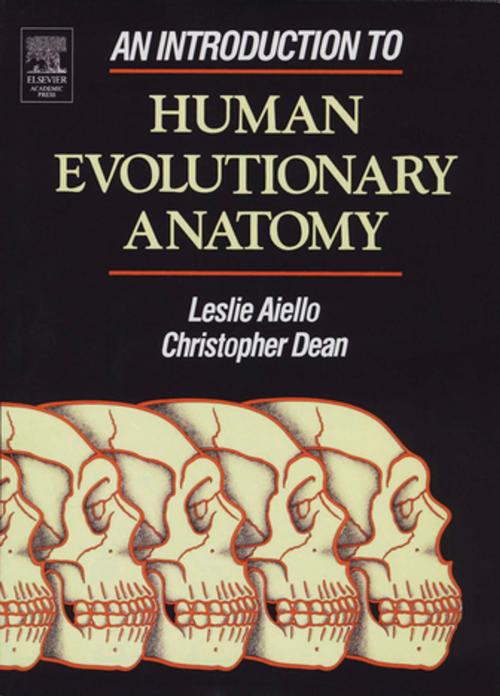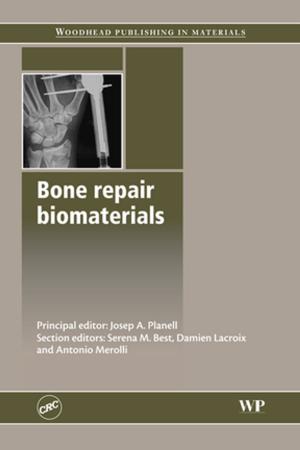An Introduction to Human Evolutionary Anatomy
Nonfiction, Science & Nature, Science, Biological Sciences, Physiology, Social & Cultural Studies, Social Science, Anthropology| Author: | Leslie Aiello, Christopher Dean | ISBN: | 9780080571003 |
| Publisher: | Elsevier Science | Publication: | September 11, 1990 |
| Imprint: | Academic Press | Language: | English |
| Author: | Leslie Aiello, Christopher Dean |
| ISBN: | 9780080571003 |
| Publisher: | Elsevier Science |
| Publication: | September 11, 1990 |
| Imprint: | Academic Press |
| Language: | English |
An anthropologist and an anatomist have combined their skills in this book to provide students and research workers with the essentials of anatomy and the means to apply these to investigations into hominid form and function. Using basic principles and relevant bones, conclusions can be reached regarding the probable musculature, stance, brain size, age, weight, and sex of a particular fossil specimen. The sort of deductions which are possible are illustrated by reference back to contemporary apes and humans, and a coherent picture of the history of hominid evolution appears. Written in a clear and concise style and beautifully illustrated, An Introduction to Human Evolutionary Anatomy is a basic reference for all concerned with human evolution as well as a valuable companion to both laboratory practical sessions and new research using fossil skeletons.
An anthropologist and an anatomist have combined their skills in this book to provide students and research workers with the essentials of anatomy and the means to apply these to investigations into hominid form and function. Using basic principles and relevant bones, conclusions can be reached regarding the probable musculature, stance, brain size, age, weight, and sex of a particular fossil specimen. The sort of deductions which are possible are illustrated by reference back to contemporary apes and humans, and a coherent picture of the history of hominid evolution appears. Written in a clear and concise style and beautifully illustrated, An Introduction to Human Evolutionary Anatomy is a basic reference for all concerned with human evolution as well as a valuable companion to both laboratory practical sessions and new research using fossil skeletons.















